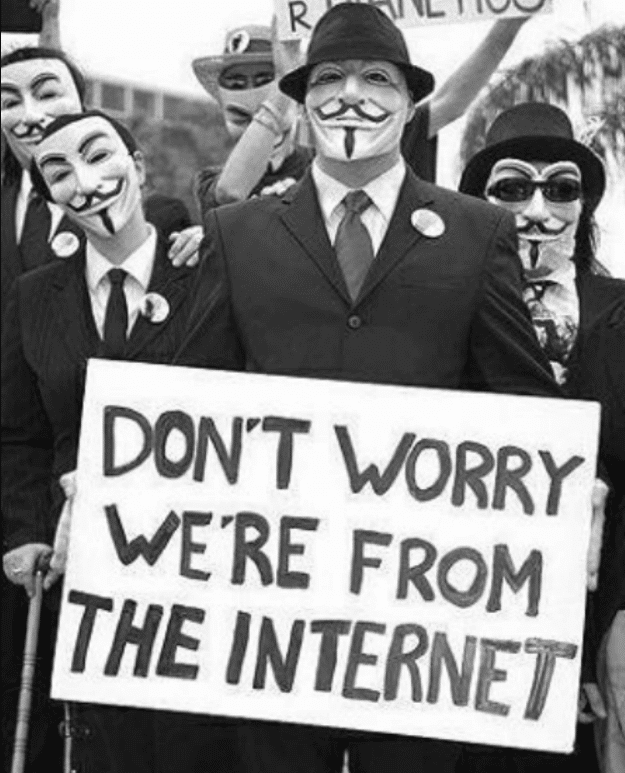
Not wishing to anger either Russian President Vladimir Putin or the Biden administration, the P.A. and Hamas have so far refrained from taking official positions on Ukraine.
Yoni Ben Menachem
06.03.22
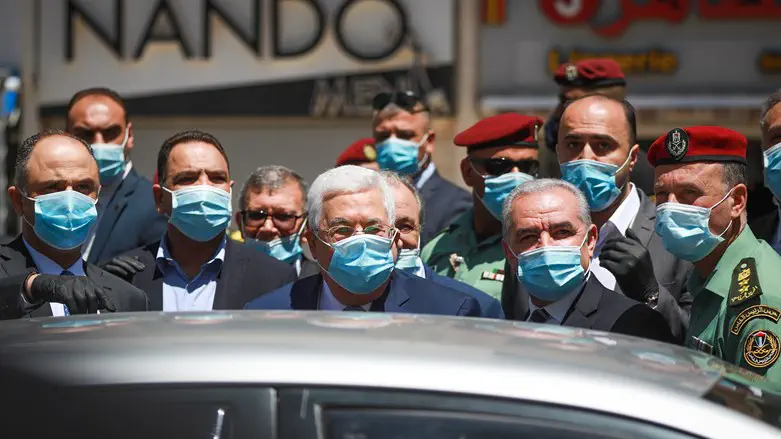
(Jerusalem Center for Public Affairs) While many on the Palestinian Arab street openly identify with the people of Ukraine after Russia’s military invasion of that country, the Palestinian Arab leadership is still unsure what position to adopt.
Palestinian intellectuals believe the Palestinians must adopt a prudent position that upholds the tenets of international law; calls to resolve conflicts peacefully through dialogue and not by military force; and upholds the right of peoples to self-determination as a principle that cannot be compromised.
At the same time, the Palestinians are well aware that Ukrainian President Zelensky is a Jew. In their view, he is also a Zionist who backed the American recognition of Jerusalem as Israel’s united capital, as well as Israel’s “Guardian of the Walls Operation” in Gaza in May 2021.
There are also Palestinians in the territories who welcome the Russian army’s invasion of Ukraine in the hope that it will lead to a new world order in which U.S. power and hegemony will decline. They want to see the United States, Israel’s strong ally, weakened. According to their logic, that would inevitably lead to Israel’s weakening as well.
However, just as Israel is painstakingly deliberating its positions and policy, trying to tread a fine line and avoid unnecessary statements on Russia’s invasion of Ukraine, the Palestinian Authority is being particularly circumspect. The P.A. chairman wants to avoid causing trouble with the Biden administration by failing to condemn Russia, which could jeopardize the reopening of PLO offices in Washington and the transfer of the American consulate to eastern Jerusalem. On the other hand, Abbas has long-standing ties with Moscow; some years ago, he even claimed he had served as a KGB agent while earning his doctorate in Moscow.
In addition, 2,500 Palestinians are currently living in Ukraine, mostly students. On Feb. 26, 2022, P.A. Prime Minister Mohammed Shtayyeh said all of them were safe and that the P.A. was tending to their needs through the Palestinian embassy in Kyiv.
The P.A. as a whole, though, is keeping quiet. It needs Russia, but at the same time, it does not want trouble with Ukraine. It needs Russia to push the Middle East Quartet (the United Nations, European Union, United States and Russia) to convene an international conference that would seek to force Israel to an international peace conference despite Israel’s and the Biden administration’s opposition.
The P.A. is trying to curtail the role of the United States which, since the Oslo accords, has traditionally been the mediator between the P.A. and Israel. Abbas is working, with Russia’s help, to divest the United States of that role, claiming that it is not an “honest broker,” and to install the Quartet as the body that will oversee the Israeli-Palestinian negotiations instead of the United States.
Hamas, Russia and Ukraine
Hamas, too, has good relations with Russia. Like the P.A., which is dominated by Fatah, it is hesitant to take a stance on the crisis in Ukraine.
In a strange incident, senior Hamas official Khaled Mashal was quoted as saying that Putin “must halt his invasion of Ukraine and the killing of civilians.” The Hamas leadership quickly denied the “fabricated” remarks. “He did not make any statement to any media outlet regarding the Ukrainian crisis,” insisted a Hamas spokesperson.
Hamas leader Mousa Abu Marzouk was the only Hamas official authorized to speak on the matter. On Feb. 26, Abu Marzouk tweeted: “One of the most important lessons of the Russian-Ukrainian war is that the era of America as the world’s sole bulwark has come to an end.”
The P.A. has closer ties with Moscow than with Washington. Not only Abbas, who is directly in touch with Putin and talks with him by phone whenever he needs help, but also Hussein al-Sheikh, a member of the PLO Executive Committee and a possible Abbas successor, has cultivated tight ties with the Russian leadership. Al-Sheikh is also a favorite of Russian Foreign Minister Sergey Lavrov, who recommended that Abbas put him in charge of the negotiations with Israel in place of the late Saeb Erekat.
Last week al-Sheikh talked by phone with Mikhail Bogdanov, the Russian deputy foreign minister and special emissary to the Middle East. They discussed various topics including the situation in Ukraine and the Feb. 8 resolutions of the PLO Central Council. Al-Sheikh, however, did not divulge any details to the media about what they discussed regarding the invasion of Ukraine.
Undoubtedly, the P.A. and Hamas are much more sympathetic toward Russia than toward the United States, Israel’s closest ally. In recent years, Russia has also played the role of mediator between the different Palestinian factions, and it even hosted a dialogue of all those factions in Moscow aimed at achieving national unity.
Annually, the heads of the Palestinian factions attend diplomatic meetings in the Russian Foreign Ministry. Even Mohammed Dahlan, a bitter rival of Abbas, was hosted a few months ago in Moscow, and requested Lavrov’s help in reconciling with the P.A. chairman.
However, the Palestinians’ silence will not last long. The moment the outcome of the fighting in Ukraine becomes clearer, it is safe to assume that senior figures in the P.A. and Hamas will declare their positions. They hope a diplomatic solution will be found as soon as possible so that they can take a more expedient public stance that will not rile Russia or the United States. Ultimately, it may be that both the P.A. and Hamas will adopt a neutral and principled position that does not favor either side.
Yoni Ben Menachem, a veteran Arab affairs and diplomatic commentator for Israel Radio and Television, is a senior Middle East analyst for the Jerusalem Center. He served as director general and chief editor of the Israel Broadcasting Authority.
This article was first published by the Jerusalem Center for Public Affairs.
Did you find a mistake in the article or inappropriate advertisement? Report to us

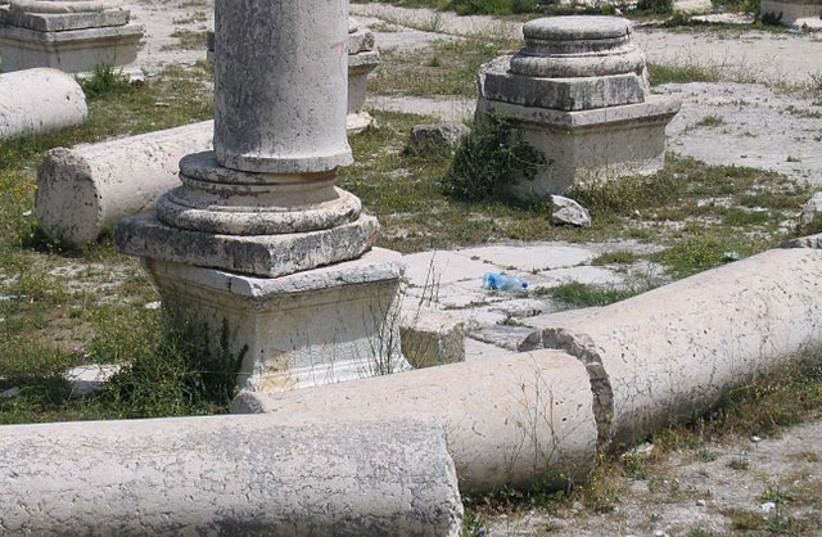 Shomron National Park (Sebastia). (credit: Wikimedia Commons)
Shomron National Park (Sebastia). (credit: Wikimedia Commons)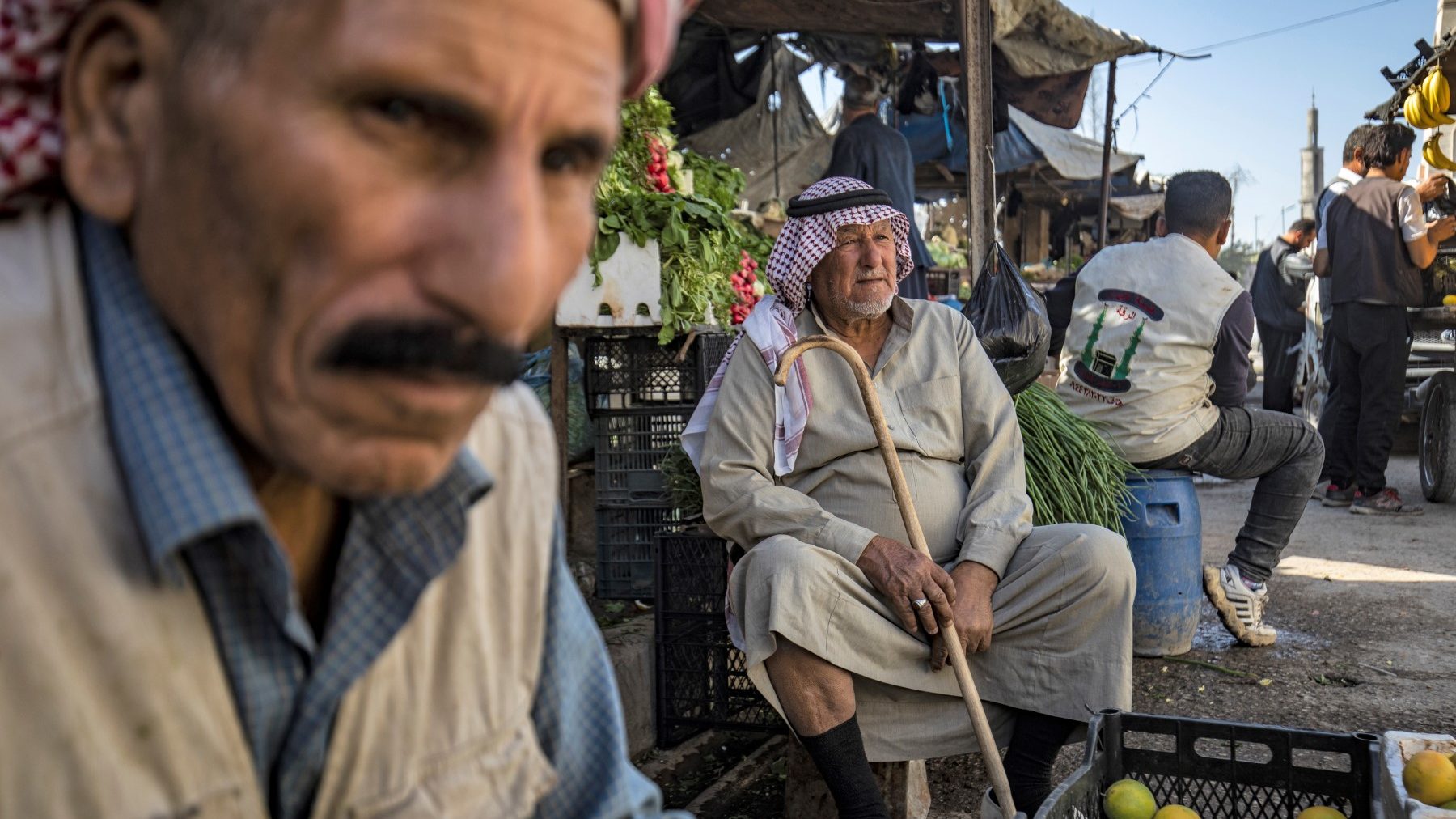
:quality(70)/s3.amazonaws.com/arc-authors/thenational/0c776a17-4aec-4e4c-95b2-489017fb7875.png)
:quality(70)/cloudfront-eu-central-1.images.arcpublishing.com/thenational/WDAP6WAMP34HU7AXAFU4GP2JF4.jpg)
:quality(70)/cloudfront-eu-central-1.images.arcpublishing.com/thenational/IUN7VUM7SLFUE43OD6KGYZW6EA.jpg)
:quality(70)/cloudfront-eu-central-1.images.arcpublishing.com/thenational/UZGZB34UULXZHEICZYJ3FZZUDE.jpg)
:quality(70)/cloudfront-eu-central-1.images.arcpublishing.com/thenational/QN2PH7OZNMFHI4SLFKZ3VZ52MM.jpg)
:quality(70)/cloudfront-eu-central-1.images.arcpublishing.com/thenational/NZXUFTIGO622RETYXM7VHFRFMA.jpg)
:quality(70)/cloudfront-eu-central-1.images.arcpublishing.com/thenational/UIGZOIUPZC2SZENEPMJLHTRWWU.jpg)
:quality(70)/cloudfront-eu-central-1.images.arcpublishing.com/thenational/EUSU2474B4ZVUYXJ3SKNUCPNYU.jpg)
:quality(70)/cloudfront-eu-central-1.images.arcpublishing.com/thenational/WQJCJ27FPN2KVSCIPJRYBRDXNI.jpg)
:quality(70)/cloudfront-eu-central-1.images.arcpublishing.com/thenational/26EXTQW5VIW62ITIPKCIPTF7AU.jpg)
:quality(70)/cloudfront-eu-central-1.images.arcpublishing.com/thenational/6JIACS7D3DQH2QTCDDUAPP7MEU.jpg)
:quality(70)/cloudfront-eu-central-1.images.arcpublishing.com/thenational/72GF2Q2ZUA7LRHTIL24WK3RFR4.jpg)
:quality(70)/cloudfront-eu-central-1.images.arcpublishing.com/thenational/X2QGR3EMJ2VRQVQ4BU7SIDJKZE.jpg)
:quality(70)/cloudfront-eu-central-1.images.arcpublishing.com/thenational/72JDJ6OI7ILOGCLBLX2D6GIZEE.jpg)
:quality(70)/cloudfront-eu-central-1.images.arcpublishing.com/thenational/RTLYAZ3JCLZSZSIUVHZDO3IK2Y.jpg)
:quality(70)/cloudfront-eu-central-1.images.arcpublishing.com/thenational/UDROS5WAMWWYZXRHE7WUJPOZIM.jpg)
:quality(70)/cloudfront-eu-central-1.images.arcpublishing.com/thenational/FKSXSNSGUWQ27H43RXXBTTFCRM.jpg)
:quality(70)/cloudfront-eu-central-1.images.arcpublishing.com/thenational/OBYSUS7QMN5ZJTEJZ4PTRX72CQ.jpg)
:quality(70)/cloudfront-eu-central-1.images.arcpublishing.com/thenational/22KCX2V4UDLRV732BOL2FOETYA.jpg)
:quality(70)/cloudfront-eu-central-1.images.arcpublishing.com/thenational/OWYHU5LBWHBNXYYZVYYWWU3YNA.jpg)
:quality(70)/cloudfront-eu-central-1.images.arcpublishing.com/thenational/RFCCW6YVUUBUODUS7XBYHFELZU.jpg)
:quality(70)/cloudfront-eu-central-1.images.arcpublishing.com/thenational/GTVUCJL37K5EGCBG5AFKTH6DPA.jpg)
:quality(70)/cloudfront-eu-central-1.images.arcpublishing.com/thenational/KKKSDBKBQKYRKHPNDBW3UJ6M24.jpg)
:quality(70)/cloudfront-eu-central-1.images.arcpublishing.com/thenational/FCQ6AF5YO7D67T7SNNVPGGEMTE.jpg)
:quality(70)/cloudfront-eu-central-1.images.arcpublishing.com/thenational/QKTOP4J3T6W57R2GD763NLZGDM.jpg)


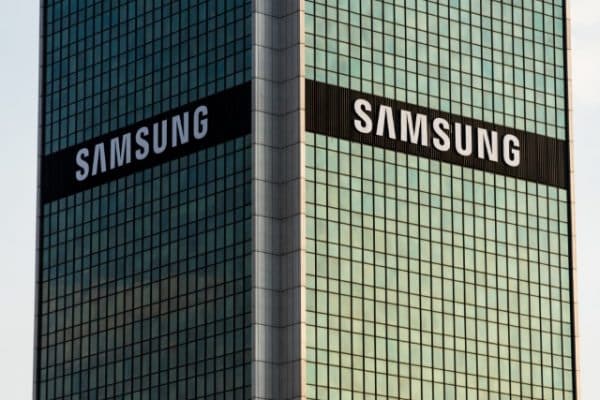
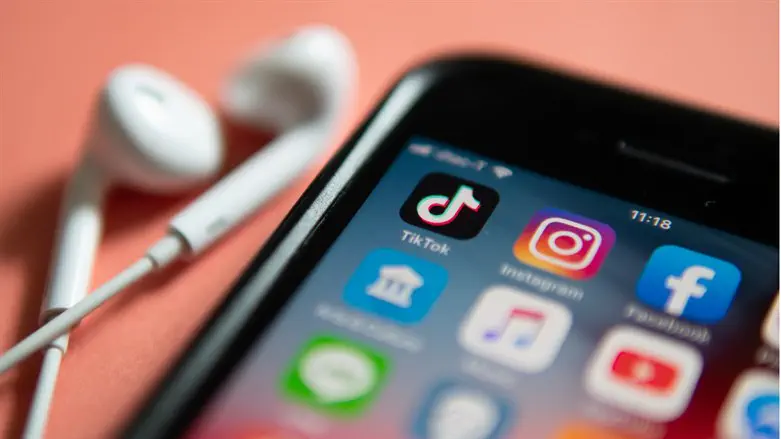 TikTokiStock
TikTokiStock